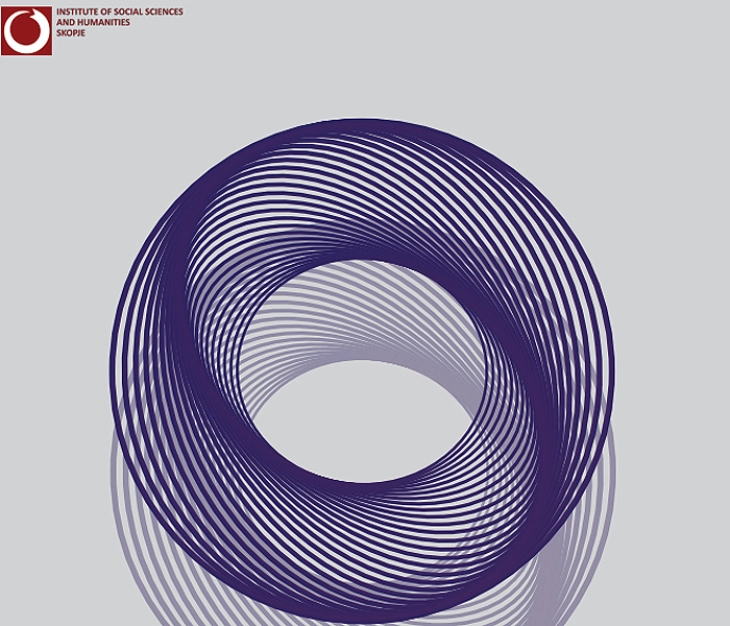ISSHS study: Majority of civil organizations believe general polarization exists in N. Macedonia
- Post By Ivan Kolekevski
- 16:28, 6 March, 2023

Skopje, 6 March 2023 (MIA) – More than two thirds of civil society organizations in North Macedonia, or 82.1 percent, assessed that the credibility of the EU has dropped in the country, while 95 percent believe there is a political and social polarization in Macedonian society. Only 17.9 percent believe that the credibility of the EU hasn’t dropped, shows a study from the Institute of Social Sciences and Humanities Skopje (ISSHS).
“The perception of the majority of prominent civil society organizations is that general polarization exists in the country and this is a challenge that we must face and overcome. The majority of civil society organizations see the root of the polarization in the endless Euro-integration process and the fact that the EU negotiations constantly remain threatened by the possibility of a future blockade of the process since they include the agreements with Bulgaria and Greece as a part of the conditions for good neighborliness as an accession criterion,” says the Institute in the conclusions of the study.
The study further adds that civil society sees the EU as the main culprit for the reduced credibility of the process and the polarization in society.
“It seems like the majority of civil society organizations perceive the EU as the party that should directly solve the issues of our country, including the identity disputes with the neighboring countries. There is no clear support by the civil society organizations for the inclusion of the Bulgarian minority in the country’s Constitution. Renowned civil society organizations perceive the Open Balkan initiative as an alternative to EU membership (or believe that there should be an alternative),” the results of the study show.
According to the study, “the EU uses a significantly different language and there really are conditions which, unfortunately, can affect the identity feelings of the Macedonian nation.”
“Good neighborly relations, especially with neighboring countries that are EU members, is not a criterion that only applies to North Macedonia. Obviously, the EU has placed a political framework on this criterion, and not a historical one, even if the framework implies that North Macedonia must solve its cultural and identity disputes with its neighbors. The cultural and identity disputes related to the building of the national narrative are explosive in terms of stability and security, especially in this region, and this includes Macedonia as well as its neighbors, and consequently affects the rest of Europe,” says the study.
The conclusions of the study state that “the recognition of the Bulgarian minority should not be an issue in a country which recognizes all ethnic communities as integral parts of the nation. This recognition is a condition for further negotiations. If society fails to support this idea, North Macedonia will practically be placed in a position of self-veto.” ad/ik/
Photo: ISSHS logo print screen







